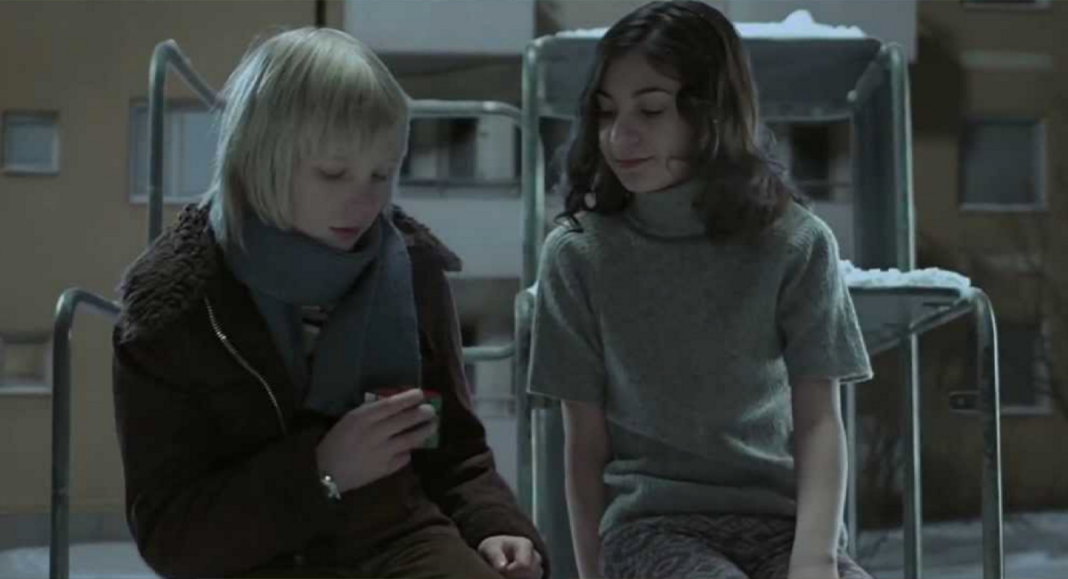“Let the Right One In” (Morse): When Sweden Mocked Twilight! At the dawn of the last decade, cinema began a long descent into hell. Miramax, masterfully led by the chief pig, Harvey Weinstein, was sold to Disney. American independent cinema, once the only open window for criticism, is now sold to Mickey, while French cinema remains locked in its bourgeois shell, allowing vampires, werewolves, and spandex-clad heroes to reign undisturbed.
“Let the Right One In” (Morse): The Swedish Twilight?
In 2008, the first episode of “Twilight” was notably released. Since the beginning, with Bram Stoker’s “Dracula”, which Coppola faithfully adapted in 1994, the vampire has always been a subject of fantasy for humans. Is it the personification of a love that kills, or a more contemporary thesis of a narcissistic pervert (human malaise vulgarized to the extreme by “Psychology Magazine” and its colleagues)? The fact remains that fantasy is perhaps the only way to find an escape from a deleterious reality, and in the 00s, reality was indeed rotten. But in 2008, Sweden unveiled the highly controversial “Let the Right One In”. Scandal!
“Let the Right One In” (Morse): Vampires are not for children!
No need to dwell on “Twilight” too much; it’s a film about gentle vampires (thanks to Buffy) with an innocent human and cruel yet nice werewolves. Enough to entertain us for 6 or 7 episodes of the saga. Bram Stoker must be turning in his grave. Now, when it comes to the Swedish version of the vampire film… It’s completely different! The story takes place in a Swedish small town in the early ’80s, in the midst of winter. While Stockholm has its charms, the landscape is even more pathetic than that of Twin Peaks in “Morse”. The film tells the story of a 10-year-old autistic boy who is a victim of bullying at school, and he befriends a child vampire who must be centuries old.
The film is highly psychological as it plays with the emotions of the audience. One comes to feel compassion for this little vampire monster capable of the worst, even when he slaughters his victims and drains them of their blood. The relationship between these two characters, though platonically portrayed, is of a rare complexity. In this regard, the performances of the two actors, Lina Leandersson and Kåre Hedebrant, are simply exceptional.
As with “Twilight”, Tomas Alfredson’s film is an adaptation of John Ajvide Lindqvist’s book. Set against the backdrop of Stockholm’s suburbs, the director delves into the dark underbelly of Swedish society at that time, touching on themes of alcoholism, divorce, and all sorts of things the sacrosanct Swedish society does not want to see.
In conclusion, to avoid any spoilers, it takes very little to create a film that generates a real psychological shock and does not need to be stretched into 6 or 7 episodes with a binge of blood and werewolf fur.


